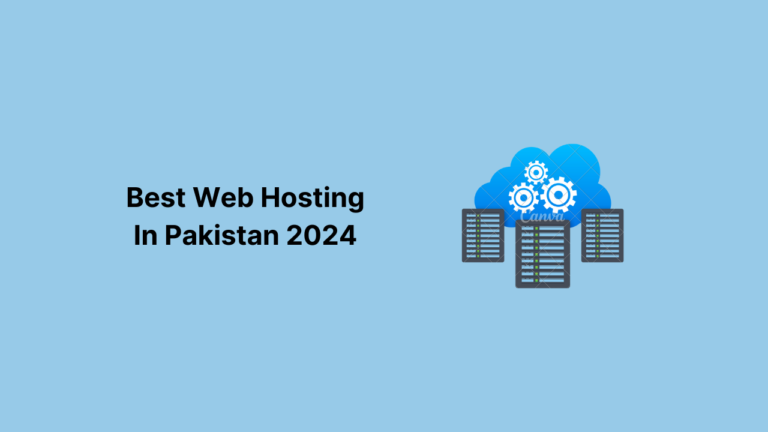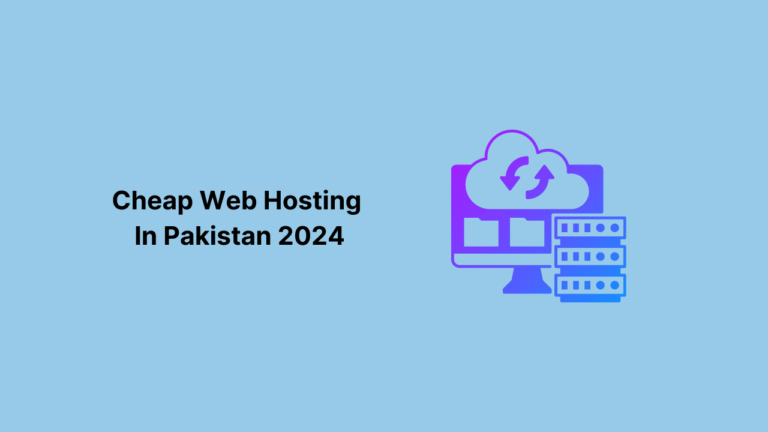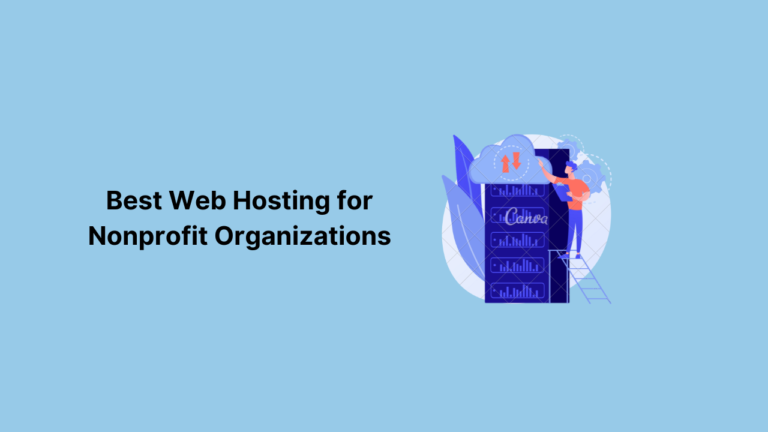Best Web Hosting for Small Businesses (August 2024)
Good web hosting ensures your website runs smoothly, loads quickly, and is always accessible to your customers. Your website often gives customers the first impression of your business. Therefore, choosing the best web hosting service is a big decision for small businesses.
Small businesses should consider several factors in web hosting, including cost, customer support, security, growing ability, and ease of use.
In this article, we’ll review the best web hosting options for small businesses, considering their features, pricing, and what makes them stand out. Whether you are starting fresh with a new website or looking to switch from your current provider, we’ll help you find a web hosting service that meets your needs and prepares your business for online success.
1. Bluehost
Bluehost is a fast and reliable web hosting provider that helps small businesses build a strong online presence. One of the best features of Bluehost is its user-friendly interface. It provides a simple, easy-to-use dashboard for beginners to set up their websites without any technical skills.
Bluehost also provides excellent value for money. Its hosting plans are affordable and provide various features, such as free domain registration for the first year, free SSL certificates for security, and unmetered bandwidth. It assures that your website can handle a growing number of visitors.
Another standout feature of Bluehost is its customer support. Small businesses often don’t have dedicated IT teams, so their reliable customer service can help solve hosting issues.
Bluehost offers features like free SSL certificates, daily backups, and advanced security tools to keep your website safe from hackers and malware. This is essential for small businesses that handle customer information and need to build trust with their visitors.
2. Hostinger
Hostinger provides a good range of features, such as fast loading times, free SSL certificates, and weekly backups. These features help ensure that a small business website is secure, reliable, and performs well for visitors. One of the standout benefits of Hostinger is its user-friendly interface.
The platform is designed in a way that even beginners can navigate without much trouble. Small business owners who may not have much technical expertise will appreciate the simple control panel. Additionally, Hostinger offers a website builder that can help business owners quickly create a professional-looking website without needing to hire a developer.
Hostinger also provides excellent customer support. The 24/7 live chat feature allows users to get help whenever they need it. The support team is known to be responsive, knowledgeable, and friendly, which is a big plus for anyone who might need some extra guidance.
3. DreamHost
DreamHost is another web hosting provider that is highly suitable for small businesses. One of the key advantages of DreamHost is its straightforward pricing structure—there are no hidden fees or surprise costs, which is a huge plus for small businesses that need to manage their budget carefully.
DreamHost offers various hosting plans, including shared hosting, WordPress hosting, and VPS hosting. This variety allows small businesses to choose a plan that fits their needs and scale as their busses grow. With unlimited bandwidth and storage included in most plans, business owners don’t have to worry about unexpected overage charges as their website gains more traffic.
Additionally, DreamHost provides a free SSL certificate, ensuring that websites remain secure, which is essential for gaining customer trust and protecting sensitive information.
DreamHost’s control panel is clean and easy to navigate, even for those who aren’t tech-savvy. The platform also supports one-click installations for WordPress, making it simple to set up blogs, e-commerce stores, or other business websites.
4. IONOS
IONOS is a solid choice for web hosting, especially for small businesses that want a good balance of price, features, and support. When you compare it to other popular options like Hostinger and DreamHost, IONOS offers more value without stretching your budget. Hostinger is known for its low prices and simplicity, but IONOS packs in more useful features, even in its basic plans.
One of the things that make IONOS stand out is the range of features included right from the start. You get free SSL certificates to secure your website, daily backups to protect your data, and keep your site safe from attacks.
These are essential tools for small businesses that want a reliable and secure online presence without paying extra for each feature. IONOS is also great for businesses that plan to grow. As your business expands, IONOS makes it easy to upgrade your hosting plan without needing to switch to a new provider.
When it comes to customer support, IONOS does something unique. They give each customer a dedicated support assistant, which means you get personalized help whenever you need it.
5. Namecheap
Namecheap’s hosting plans are highly cost-effective, especially for small businesses and startups that need to manage their expenses carefully. Like Hostinger, Namecheap offers very low starting prices for shared hosting plans, which come with a variety of essential features.
These include free domain name registration for the first year, free SSL certificates, daily backups, and unmetered bandwidth. This makes it a great entry-level option for businesses that want to get started quickly without a significant investment.
Namecheap’s user interface is easy to navigate, similar to Hostinger’s beginner-friendly approach. The control panel is based on cPanel, which is widely used and familiar to many users. Namecheap also provides helpful guides and tutorials, making it easier to get started.
Conclusion
Every hosting provider whether it’s Hostinger, DreamHost, IONOS, or Namecheap offers unique advantages tailored to different needs and budgets. Hostinger stands out for its incredibly affordable plans and user-friendly interface, making it ideal for startups and small businesses just getting started. DreamHost, on the other hand, provides a transparent pricing model, excellent customer support, and a strong focus on performance.
Ultimately, the best web hosting provider for a small business depends on specific needs, goals, and budget. Small business owners should carefully consider factors such as pricing, scalability, ease of use, customer support, and performance when choosing a host. With the right choice, a small business can ensure a smooth, secure, and reliable online experience for its customers, making the way for growth and success.





